ETH News
All stories that have been tagged with D-HEST
Eight SNSF Starting Grants for ETH researchers
News
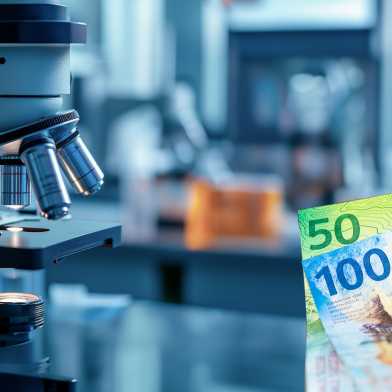
Four women and four men successfully applied for Starting Grants from the Swiss National Science Foundation via ETH Zurich.
Vice President of Research moving from ETH Zurich to Singapore
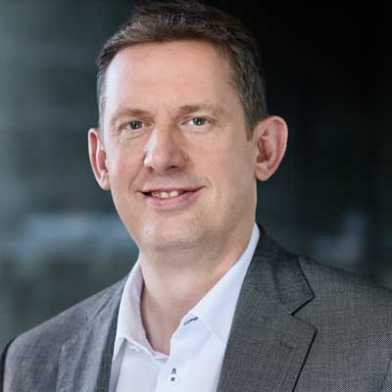
Vice President of Research Christian Wolfrum is leaving ETH as of 1 July 2025 to take up a new academic challenge: he is to become Deputy President and Provost responsible for all academic matters at Nanyang Technological University, Singapore (NTU Singapore).
Cause of the yo-yo effect deciphered
Press release
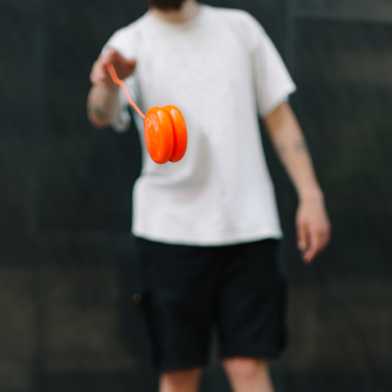
Researchers at ETH Zurich have discovered a mechanism behind the yo-yo effect: fat cells have a memory that is based on epigenetics.
Behavioural analysis in mice: more precise results despite fewer animals
- Homehero
- News

Researchers at ETH Zurich are utilising artificial intelligence to analyse the behaviour of laboratory mice more efficiently and reduce the number of animals in experiments.
His delicate filament scaffolds allow cells to grow perfectly
News
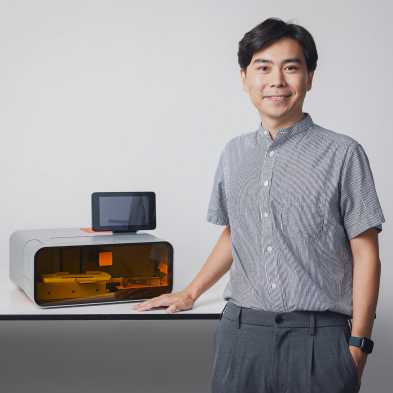
Pioneer Fellow Hao Liu uses lasers to produce microfilament structures to grow biological tissue in the lab for research and medicine – from muscle tissue to cartilage. Now he’s working to ready this technology for the market.
Sit back and move forward with ease
News

Steering and navigating manual wheelchairs on pavements costs wheelchair users a lot of energy and places a strain on their joints. Two ETH employees have discovered a brilliant and simple solution that they are now developing further to bring to market.
Cancer researcher Andrea Alimonti honoured
News
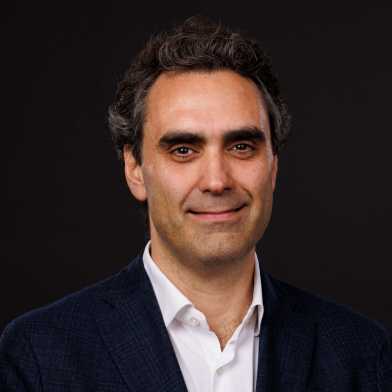
He studies cancer cells and their cellular environment in order to new therapies. Now, ETH Zurich Professor Andrea Alimonti is being awarded the Cloëtta Prize.
From cell partitions to dams: These barriers are being investigated by ETH researchers
- Globe magazine
- Homehero
- News

Research areas at ETH Zurich span barriers in a wide variety of fields, including cell biology, drug delivery and spatial planning. Below, we look at examples from six different disciplines.
Is there a perfect diet for a long life?
- News
- Homehero
- Globe magazine
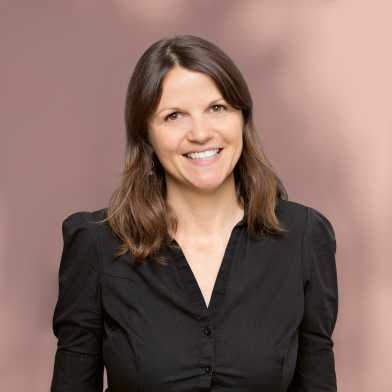
Nina Cabezas Wallscheid, Professor of Stem Cell Biology and Ageing, is researching the impact of nutrition on the human blood system. Her research team aims to identify the ideal diet for a long and healthy life.
Running without limits: When air creates no resistance
- Homehero
- News
- Globe magazine
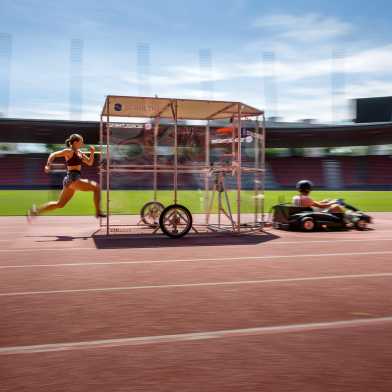
ETH student and top sprinter Géraldine Frey is preparing for her races with an innovative piece of equipment. Developed at ETH Zurich, the Airshield reduces aerodynamic drag, enabling athletes to train at speeds above their normal pace.
Fifteen professors appointed
News
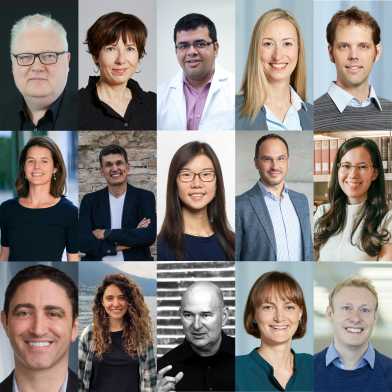
At its meeting of 18 and 19 September 2024 and upon application of Joël Mesot, President of ETH Zurich, the ETH Board appointed fifteen professors. The Board also awarded the title of "Professor of Practice" once.
New method in the fight against forever chemicals
News
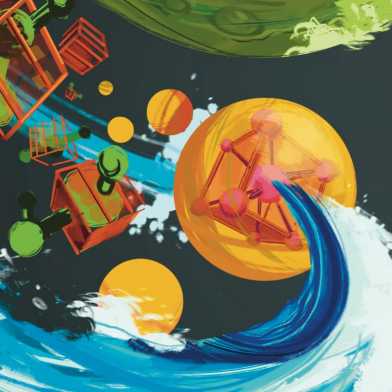
Researchers at ETH Zurich have developed a new way to break down a dangerous subgroup of PFAS known as PFOS. With the help of nanoparticles and ultrasound, piezocatalysis could offer an effective alternative to existing processes in the future.
Separating the physical and psychosocial causes of pain
- News
- Homehero
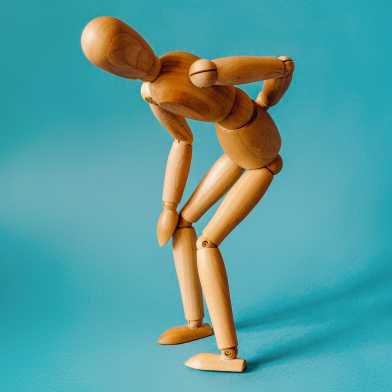
Not all pain is the same. Depending on the cause, it requires different therapies. A team led by ETH Zurich has now developed a method that enables physicians to better distinguish between physical and psychosocial pain.
Beige fat cells with a “Sisyphus mechanism”
News

A new class of fat cells makes people healthier. The cells consume energy and produce heat through seemingly pointless biochemical reactions.
Sport or snack? How our brain decides
News

The brain chemical orexin is crucial when we choose between sport and the tasty temptations that beckon everywhere we turn. This research finding could also help people who find it difficult to motivate themselves to exercise.
Six professors appointed
News
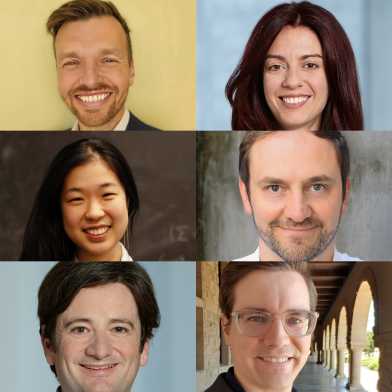
At its meeting of 11 and 12 July 2024 and upon application of Joël Mesot, President of ETH Zurich, the ETH Board appointed six professors. The Board also awarded the title of "Professor" two times and the title of "Professor of Practice" once.
Running without air resistance
News
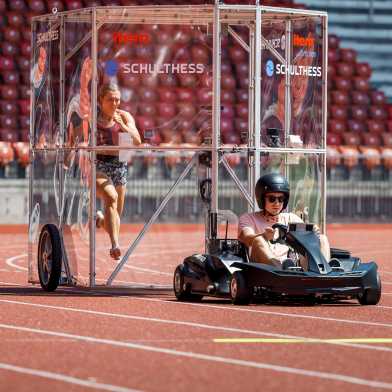
A newly developed airshield supports track and field athletes such as Mujinga Kambundji with overspeed training.
Gaining a better understanding of brittle bone disease – without animal experiments
News
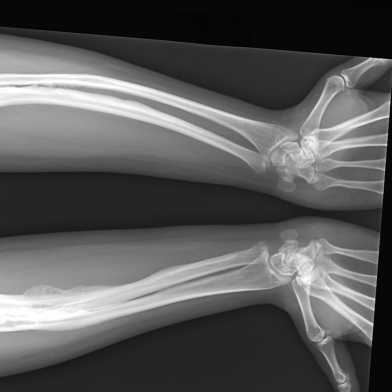
Researchers at ETH Zurich have developed a cell-based bone model to help investigate the cause of this genetic condition.
Medicine has yet to tap the potential of digitalisation
Zukunftsblog
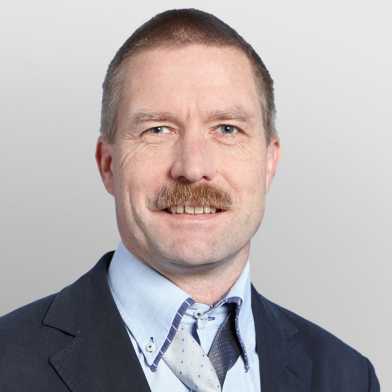
Despite digitalisation being a mainstay in many areas of life, the healthcare sector is lagging behind. Jörg Goldhahn explains what the medical field can learn from banks and travel companies.
The future of medicine begins in the Gloria Cube
News

The Gloria Cube is ETH Zurich’s newest building in the Zurich City university district. Teaching, research and translation are all carried out in the service of health and medicine here. At the end of last week, ETH Zurich celebrated the laboratory and research building’s inauguration.
Twelve professors appointed
News
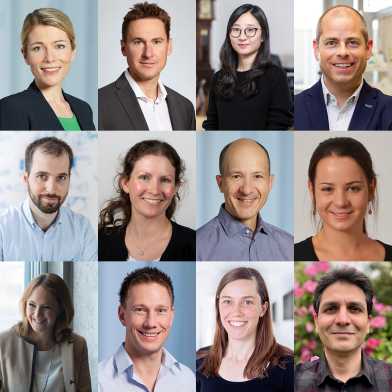
At its meeting of 22 and 23 May 2024 and upon application of Joël Mesot, President of ETH Zurich, the ETH Board appointed twelve professors. The Board also awarded the title of "Professor" four times and the title of "Professor of Practice" three times.
Medical Engineering block course wins prize for innovative teaching
News
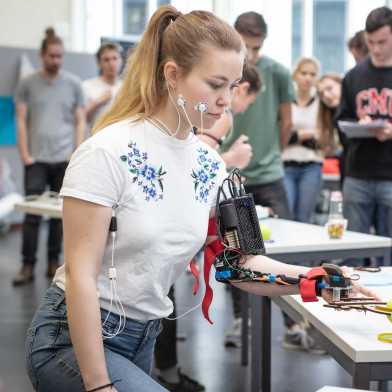
Medical students at ETH Zurich build a gripper hand for elbow exoskeletons in a crash course lasting just one week. This course has now been honoured with the 2024 Kite Award, the ETH prize for particularly innovative teaching.
New gel breaks down alcohol in the body
Press release

Researchers at ETH Zurich have developed a protein-based gel that breaks down alcohol in the gastrointestinal tract without harming the body. In the future, people who take the gel could reduce the harmful and intoxicating effects of alcohol.
New appointments at ETH Zurich
News
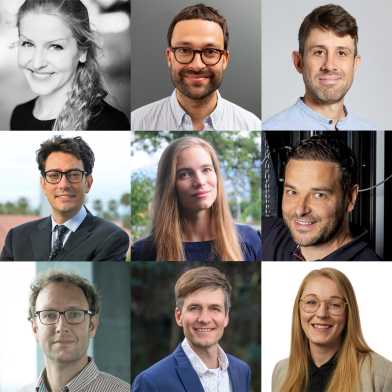
At its meeting of 6 and 7 March 2024 and upon application of Joël Mesot, President of ETH Zurich, the ETH Board appointed nine professors. The Board also awarded the title of "Professor" three times and the title of "Professor of Practice" once.
Turning waste into gold
News

ETH Zurich researchers have recovered the precious metal from electronic waste. Their highly sustainable new method is based on a protein fibril sponge, which the scientists derive from whey, a food industry byproduct.
Bio-inspired neuroprosthetics: sending signals the brain can understand
News
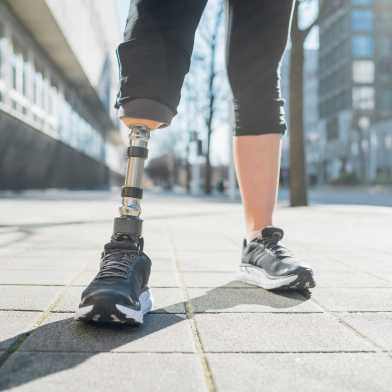
Prostheses that connect to the nervous system have been available for several years. Now, researchers at ETH Zurich have found evidence that neuroprosthetics work better when they use signals that are inspired by nature.
Scientists successfully simulate protein complex that initiates fertilisation
News
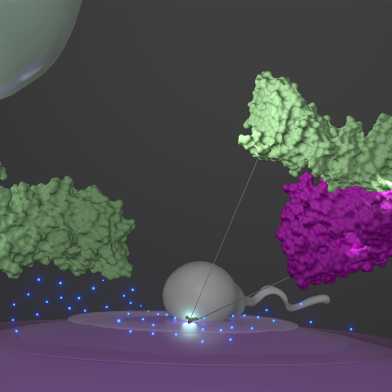
Researchers at ETH Zurich recently developed highly realistic simulations of the proteins on sperm and egg cells coupling together before they fuse. These findings enabled the research team to solve several mysteries of fertilisation at once, which could help to accelerate development of more targeted infertility treatments.
New agent blocks stress response
News

If the body’s natural stress response gets knocked off balance, it can result in physical and mental health disorders. Researchers at ETH Zurich have developed an agent capable of selectively inhibiting this response.
A virus that kills sleepers
News
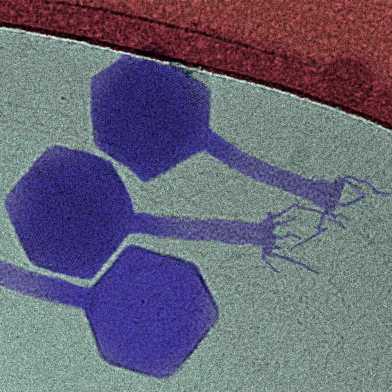
ETH Zurich researchers have found a virus that kills dormant bacteria. This rare discovery could help to combat germs that can’t be treated with antibiotics alone.
Improving patient safety
Globe magazine
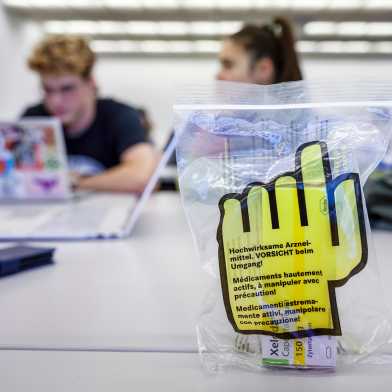
On the road to recovery, patients come into contact with clinicians from a whole range of disciplines. The importance of targeted collaboration between these disciplines is something medical students learn early on at ETH Zurich.
A big step in joint research
Globe magazine
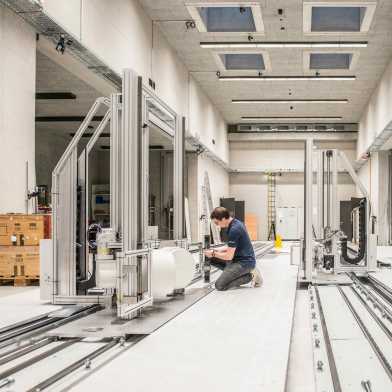
Surprisingly little is actually known about how the knee works. ETH professor Bill Taylor plans to change this with a unique technology and a new 22-metre-long experimental facility.
Twelve professors appointed
News
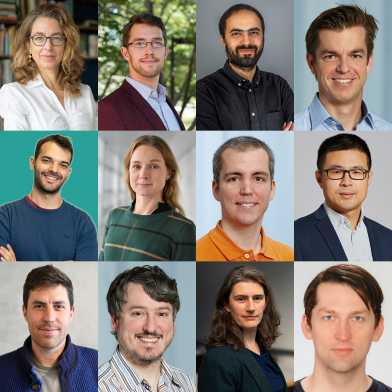
At its meeting of 6 and 7 December 2023 and upon application of Joël Mesot, President of ETH Zurich, the ETH Board appointed twelve professors and awarded the title "Professor of Practice" once.
In pursuit of sweat
- Globe magazine
- Homehero
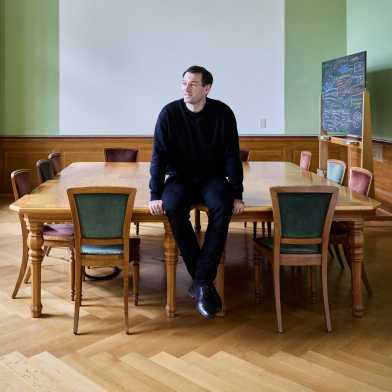
Noé Brasier is fascinated by the emerging field of sweat analysis. He plans to measure the effect of heat stress directly on people’s skin – and help them protect themselves from health risks.
Entrepreneur for women’s health
- Globe magazine
- Homehero
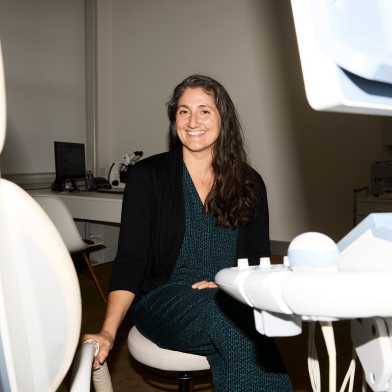
For her doctoral project at ETH Zurich, Sabrina Badir developed a device that determines the risk of premature birth. Today she is the CEO of spin-off Pregnolia, and her certified measuring device is being used in more than 20 clinics and medical practices.
Therapeutic success thanks to determination and robots
- Globe magazine
- Homehero
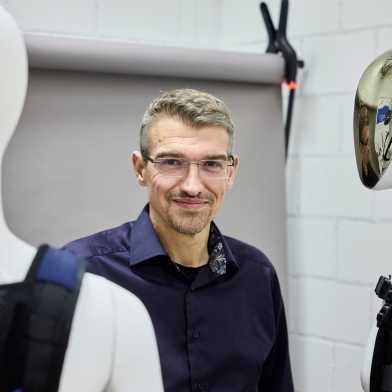
After suffering a severe case of Covid-19, Roger Gassert discovered for himself how important a role rehabilitation plays in recovery. The ETH Professor of Rehabilitation Engineering now plans to waste no time ensuring that patients profit from his developments.
Vision: To be a doctor without borders
- Globe magazine
- Homehero
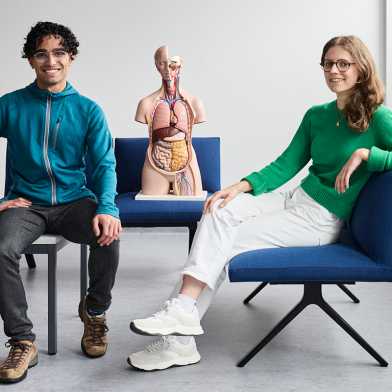
Mohammed Said is in his third semester of the Bachelor of Human Medicine at ETH Zurich. He plans to work abroad as a doctor and researcher one day and put his knowledge into practice in countries where people are not as fortunate as in Switzerland.
Applying what you have studied in hospital
- Globe magazine
- Homehero
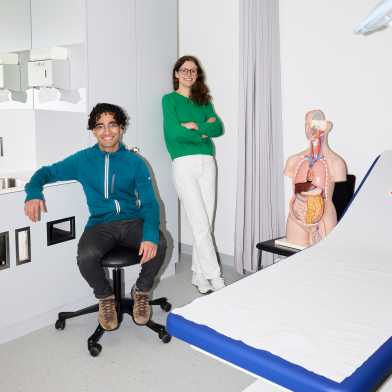
Clara Ehrenzeller studied human medicine at ETH Zurich. Aspects of her course that she will never forget were her six-week research internship at a children’s hospital in Canada and her deployment at the Kantonsspital Baden. She is currently pursuing a Master’s degree in Ticino.
Humans are far superior to robots
News
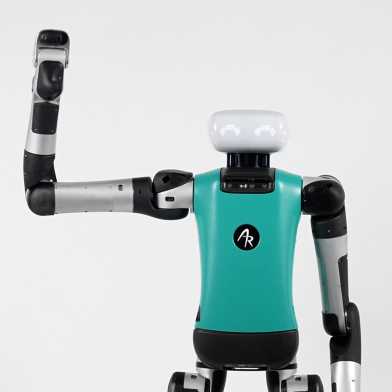
A new ETH study compares 27 humanoid robots with humans and comes to the conclusion that while robots have better components, they are still not capable of achieving as much. However, according to the authors of the study, the machines are catching up.
Reducing anxiety and stress with pupil feedback
News
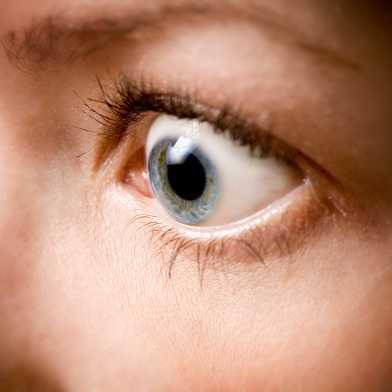
The brain’s state of arousal is the key to many stress- and anxiety-related disorders. Researchers at ETH Zurich have now found a way to influence it with a new biofeedback method.
Better cancer diagnosis thanks to digital 3D images
News
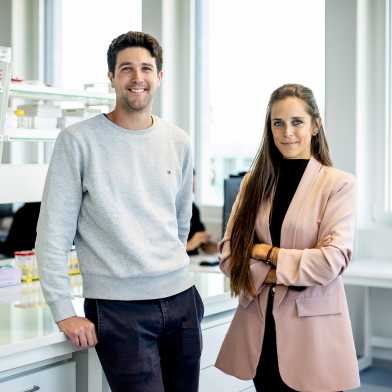
How to bring a diagnostic process that has endured for 100 years into the digital age? Two researchers from ETH Zurich and the University of Zurich are developing a robotic platform that enables a more accurate diagnosis of cancer cells by rapidly quantifying tissue samples in their entirety.
Generating clean electricity with chicken feathers
News

Turning unused waste from food production into clean energy: Researchers at ETH Zurich and Nanyang Technological University Singapore are using chicken feathers to make fuel cells more cost-effective and sustainable.
Research that provides sustainable and nutritional benefits
News
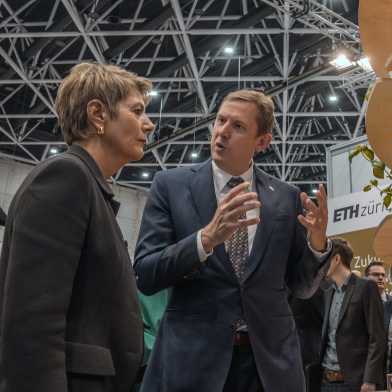
ETH Zurich is present at the Olma trade fair in St Gallen. Using spin-offs and games, the ETH booth illustrates how research can contribute to making Swiss food and agriculture sustainable.
Increased deep sleep benefits your heart
News
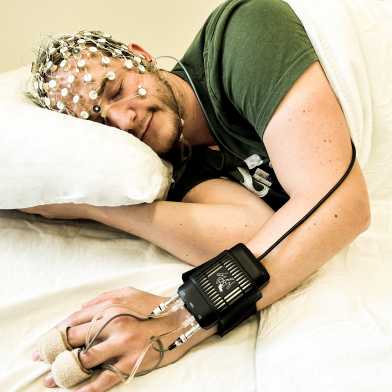
Stimulating the brain with gentle sounds during deep sleep significantly enhances cardiac function, according to a new study. This discovery could have implications not only for cardiovascular diseases but also for competitive sports, among other areas.
Five professors appointed
News
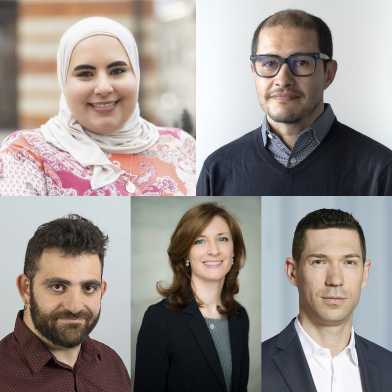
At its meeting of 20 and 21 September 2023 and upon application of Joël Mesot, President of ETH Zurich, the ETH Board appointed five professors and awarded the title of professor three times.
Cacao “fingerprints” for better chocolate
News
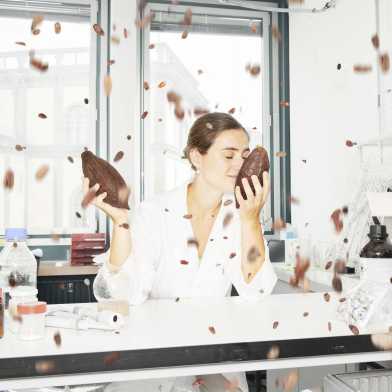
Using a new analytical method, ETH Zurich doctoral student Julie Lestang aims to determine the chemical profile of cacao beans reliably and quickly. This forms the basis for controlled fermentation – and high-quality chocolate.
An investment in more research to benefit children and adolescents
Press release
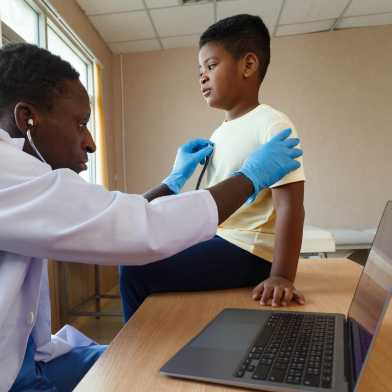
Fondation Botnar is donating an additional CHF 50 million to the University of Basel and ETH Zurich to expand the activities of the joint Botnar Research Centre for Child Health (BRCCH). This support will allow to create six new professorships with a research focus on paediatric digital health.
Comedian with a head for business
- Globe magazine
- Homehero
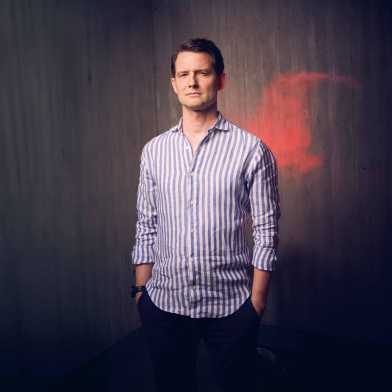
ETH alumnus Fabian Unteregger is one of Switzerland’s most successful cabaret artists. But bringing people together and coming up with solutions is where his passion lies.
Valuable raw materials from olive waste
News

ETH spin-off Gaia Tech transforms waste from olive oil production into high-quality antioxidants for use in cosmetics or food. This turns waste into valuable raw materials.
Building muscle in the lab
- Homehero
- News
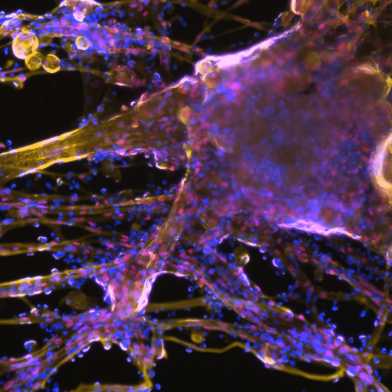
A new method allows large quantities of muscle stem cells to be safely obtained in cell culture. This provides a potential for treating patients with muscle diseases – and for those who would like to eat meat, but don’t want to kill animals.
“Research with embryo models needs legal clarity”
News
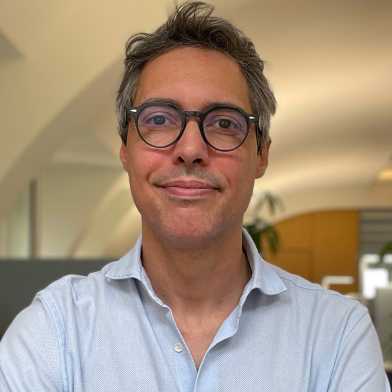
Science often runs ahead of legislation – and this is now also true for research on embryo-like cell aggregates from human stem cells. Bioethicist Alessandro Blasimme of ETH Zurich explains why this controversial topic calls for legal clarity.
Treating bladder infections with viruses
News
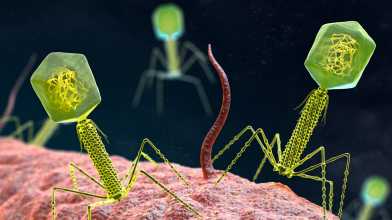
The pathogens that cause urinary tract infections are becoming increasingly resistant to antibiotics. ETH Zurich researchers have now developed a rapid test and a new therapeutic approach using bacteria-infecting viruses known as phages.
Orexin influences pupil size
News
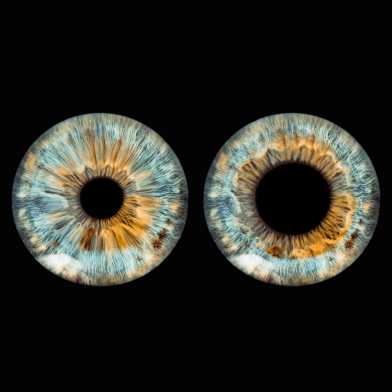
The way the brain regulates pupil size is different from previously thought: fundamentally responsible is the neurotransmitter orexin, as researchers at ETH Zurich have now shown. This discovery could well alter our understanding of consciousness and illnesses such as narcolepsy and Alzheimer’s.
A new space for clinical research
- Press release
- News
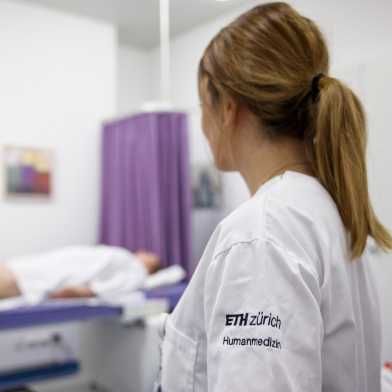
Kantonsspital Baden (KSB) and ETH Zurich have been working together since 2017, mainly in teaching initially, but increasingly in clinical research. Now three ETH professors are moving into new premises on the hospital’s healthcare campus. Together, they want to make findings from basic research available for the benefit of patients.
Our visual perception is more rational than we think
News
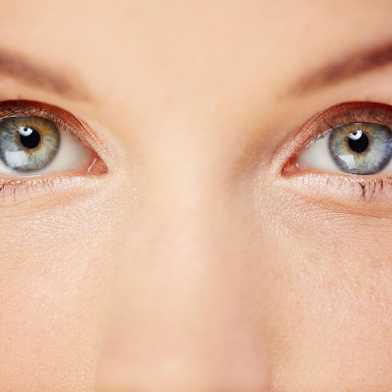
Our visual perception depends more strongly on the utility of information than previously thought. This has been demonstrated in a series of experiments conducted by researchers at ETH Zurich and the University of Zurich. Cognitive biases can begin at the retina.
The great clean-up
- Globe magazine
- Homehero
- News
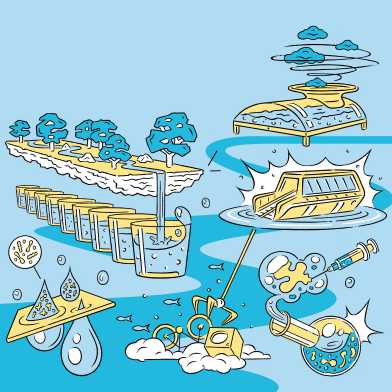
From tackling micropollutants in wastewater to removing plastic waste from rivers, here are five solutions based on ETH expertise.
Nine professors appointed
News
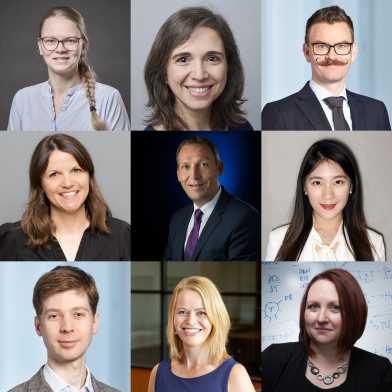
At its meeting of 24 and 25 May 2023 and upon application of Joël Mesot, President of ETH Zurich, the ETH Board appointed nine professors and awarded the title of professor twice. At the same time, the Board also bid farewell to nine professors and thanked them for their service.
How cells are influenced by their environment as tissues grow
- News
- Homehero
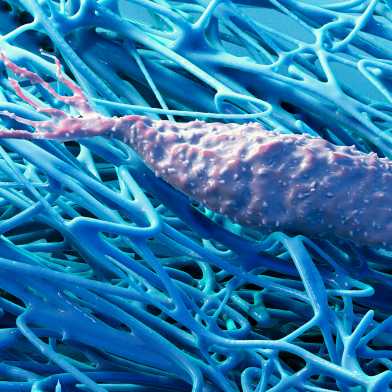
The cells of our body interact with their immediate environment. Researchers have now studied this interaction in detail. In time, they hope to use these findings for improved diagnosis and treatment of wound-healing disorders and cancer.
How can we fight blood cancer more effectively?
- News
- Homepage
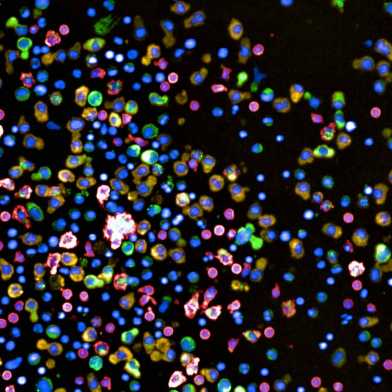
Despite approved treatments being available, multiple myeloma remains incurable. But researchers at ETH Zurich and University Hospital Zurich set out to improve treatment outcomes by testing hundreds of existing therapeutics outside the body to predict their effectiveness.
Earpiece that speeds up recovery after a stroke
- News
- Homepage
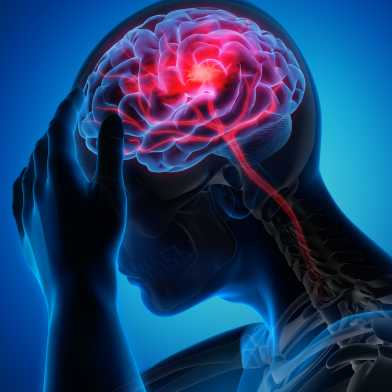
ETH Zurich researchers have developed a smart earpiece that helps people relearn physical actions faster and more easily after a stroke. By stimulating the brain, the earpiece helps it rewire neural circuits.
ETH Zurich boosts medical research with new site in Schlieren
- News
- Homepage
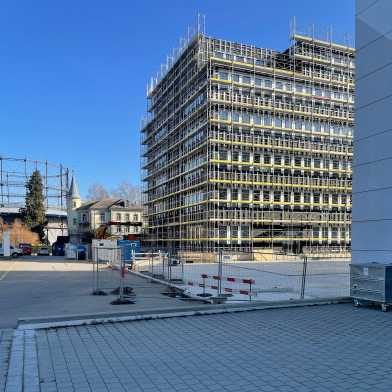
ETH Zurich is boosting its medical research and establishing a new site in Schlieren. It is leasing a new building (SSA) right next to the Bio-Technopark in Schlieren; the site is currently being set up as a laboratory building for medical research.
Spark Award for new corrosion protection
- News
- Homepage
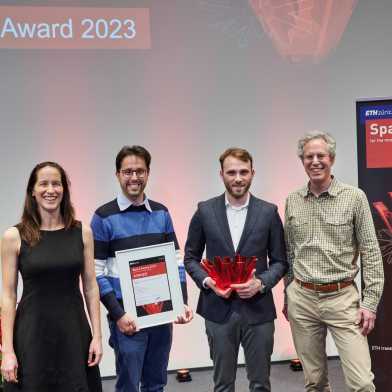
More effective, reusable and self-repairing: a new kind of corrosion protection developed by the ETH researchers Marco D'Elia, Walter Caseri und Markus Niederberger has been honoured with ETH Zurich’s Spark Award 2023. The innovation offers excellent market potential and could significantly slow down the deterioration of buildings and vehicles.
Detecting exhaustion with smart sportswear
- News
- Homepage

Researchers at ETH Zurich have developed an electronic yarn capable of precisely measuring how a person’s body moves. Integrated directly into sportswear or work clothing, the textile sensor predicts the wearer’s exhaustion level during physical exertion.
How tumours transform blood vessels
- News
- Homepage
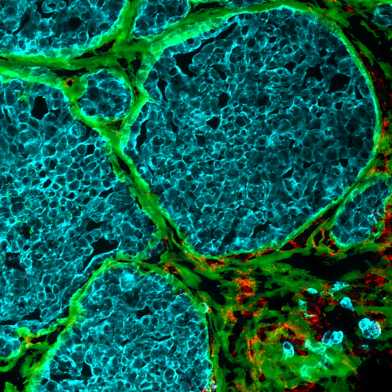
Increasingly dense cell clusters in growing tumours convert blood vessels into fibre-filled channels. This makes immune cells less effective, as findings by researchers from ETH Zurich and the University of Strasbourg suggest.
New handlebars raise Paralympic hopes
- News
- Globe magazine
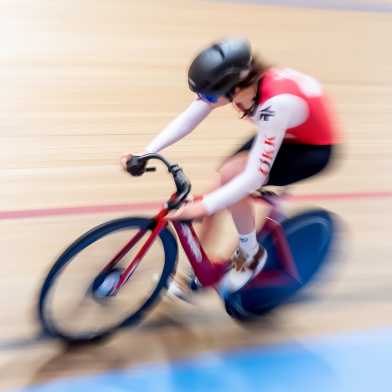
ETH student Luca Hasler developed a new set of handlebars for para-athlete Flurina Rigling. The cyclist hopes these will boost her chances of qualifying for future events – including the 2024 Paralympics in Paris.
The legacy of trauma
Globe magazine

Emotional trauma can have far-reaching ripple effects and may even reverberate across generations. Professors Isabelle Mansuy and Katharina Gapp study how the effects of trauma can be inherited through epigenetic mechanisms.
14 professors appointed
- Homepage
- News
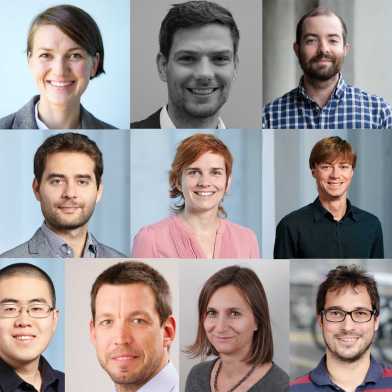
At its meeting of 8 and 9 March and upon application of Joël Mesot, President of ETH Zurich, the ETH Board appointed 14 professors and awarded the title of professor five times. At the same time, the Board also bid farewell to three professors and thanked them for their service.
Where do toxins from tobacco attack DNA?
- News
- Homepage
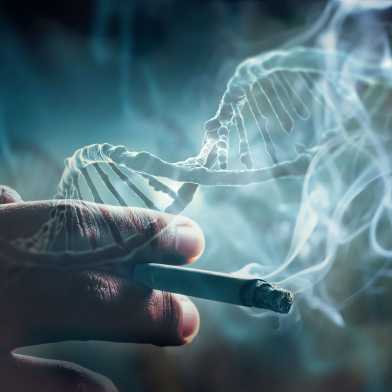
It is known that toxins in tobacco smoke can change our DNA – but where exactly in the genome they do this has been a mystery. A new approach developed by researchers at ETH Zurich now brings light into the darkness. In the future, this could make it easier than ever to determine the safety of many chemical substances.
Hope for patients with a severe rare disease
- News
- Homepage
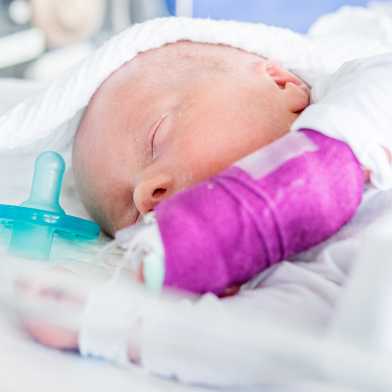
New research offers potential benefits for those affected by the hereditary metabolic disease methylmalonic aciduria. By combining the results of multiple molecular analyses, scientists can better diagnose this rare and severe disease. In the future, an improved understanding of the disease might also improve treatment options.
What is life?
Globe magazine
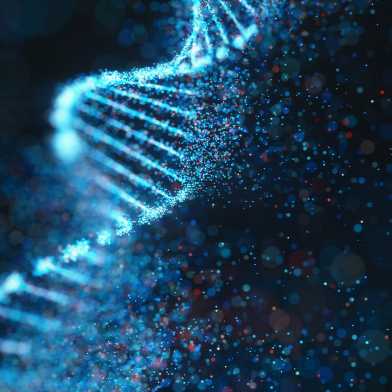
We posed this question to ETH Zurich researchers. In return, we got five intriguing answers from the perspectives of biomedicine, computer science, biology, robotics and philosophy.
More Precise Treatment
News
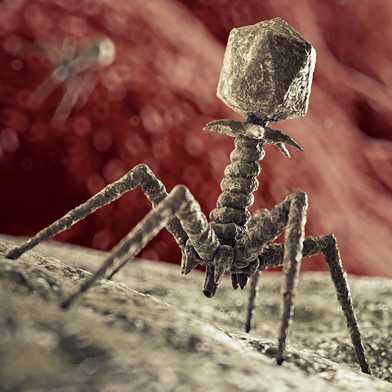
The LOOP Zurich research center combines expertise from ETH Zurich, the University of Zurich and the four university hospitals in Zurich with the aim of developing more personalized therapies. Two new projects supported by The LOOP Zurich target urinary tract infections and obesity respectively.
These researchers have received Starting Grants
News

Nine scientists are receiving SNSF Starting Grants for projects they plan to carry out at ETH Zurich starting next year.
These are the ETH Zurich researchers cited most often
News
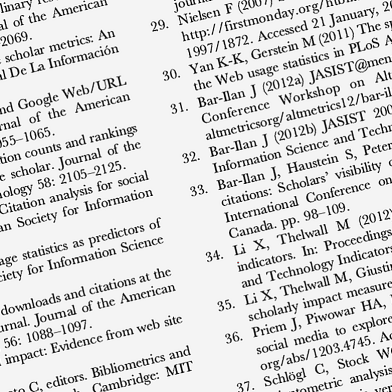
On the current list of Highly Cited Researchers, 21 have a connection to ETH Zurich. Four of these appear on the list for the first time.
Fighting tumours with magnetic bacteria
News
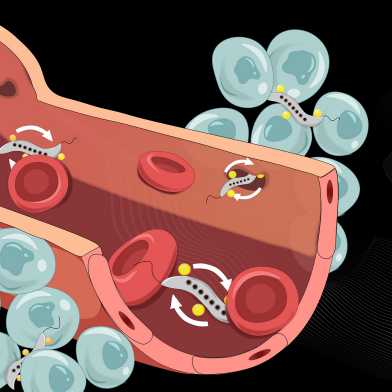
Researchers at ETH Zurich are planning to use magnetic bacteria to fight cancerous tumours. They have now found a way for these microorganisms to effectively cross blood vessel walls and subsequently colonise a tumour.
Four professors appointed
News
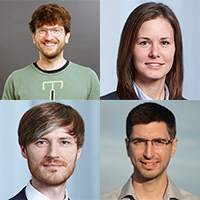
At its meeting of 21 and 22 September 2022 and upon application of Joël Mesot, President of ETH Zurich, the ETH Board appointed four professors and awarded the title of “Professor of Practice” once.
Optimized food technologies for nutrition and sustainability
News
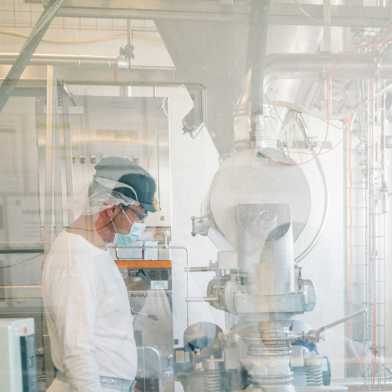
ETH Zurich is stepping up research and teaching in the field of food technology and nutrition. It is supported in this by the companies Givaudan, Bühler and Nestlé with initial funding of 5 million Swiss francs over six years. This funding includes the creation of a new professorship.
Algae-based prawns to protect the marine environment
News
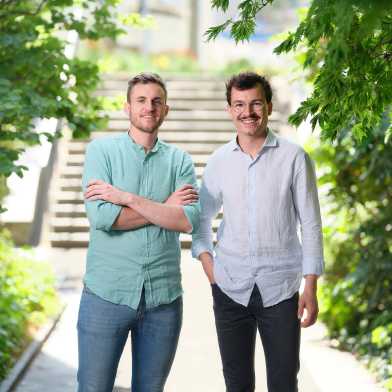
The growth in demand for fish and seafood is harming stocks and valuable ecosystems. In response, food technologist Lukas Böcker and food chemist Severin Eder are developing microalgae-based seafood substitutes in their joint Pioneer Fellowship project.
Eight ETH start-ups win Venture award
News
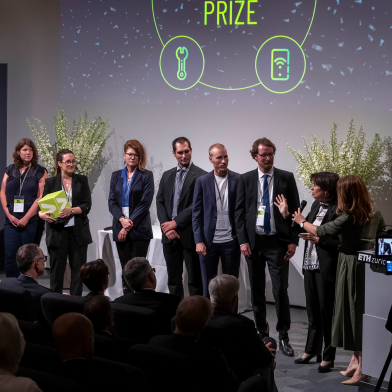
The Venture Awards for Swiss start-ups were presented yesterday evening for the 25th time. In addition to the three certified ETH spin-offs DeepJudge, Kaspar& and Versics, the 15 winners included five other start-ups founded by ETH students and alumni.
Wearable muscles
Press release
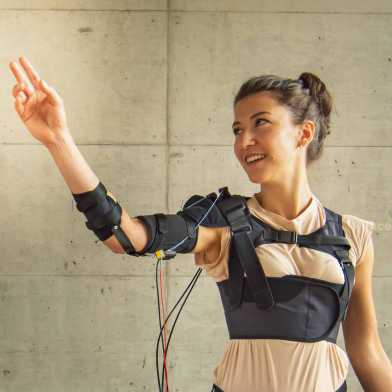
Researchers at ETH Zurich have developed a wearable textile exomuscle that serves as an extra layer of muscles. They aim to use it to increase the upper body strength and endurance of people with restricted mobility.
Automated analysis of animal behaviour
News
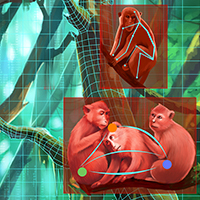
Researchers have developed a new method that uses artificial intelligence to analyse animal behaviour. This opens the door to longer-term in-depth studies in the field of behavioural science – while also helping to improve animal welfare. The method is already being tested at Zurich Zoo.
Everyone should have to decide
Zukunftsblog
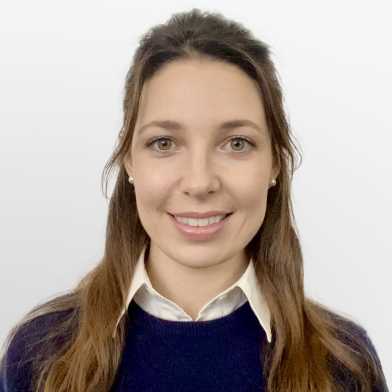
A presumed consent system for organ donation, which is to be put to the vote in Switzerland, would likely increase the organ donation rate, writes bioethicist Agata Ferretti. In her view, however, there is an even better solution: the obligation to decide.
Enhancing deep sleep
News
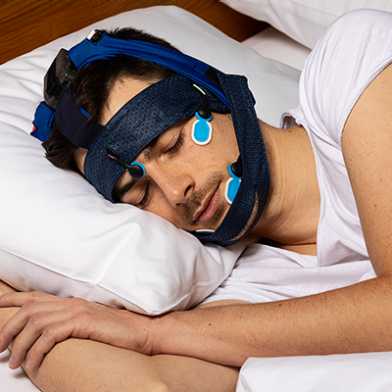
Researchers have developed a wearable device that plays specific sounds to enhance deep sleep. The first clinical study has now shown that the device is effective, but not at the same level of effectiveness for everyone.
Ubiquitous nutrients suppress appetite and promote movement
News

In experiments on mice, researchers at ETH Zurich show that non-essential amino acids act as appetite suppressants and promote the urge to move. Their research provides insight into the neural mechanism that controls this behaviour.
Help rather than hinder
Zukunftsblog
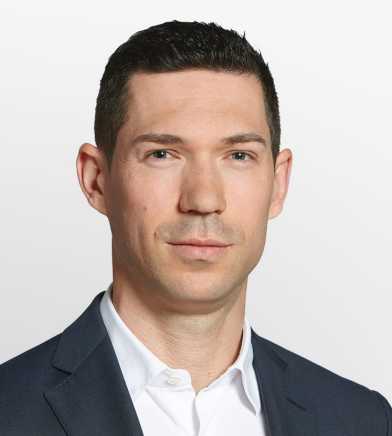
Johannes Bohacek explains why it’s misleading to think we can completely replace animal testing with alternative methods, and why we should lower rather than raise the hurdles to research.
Agents between good and evil
News
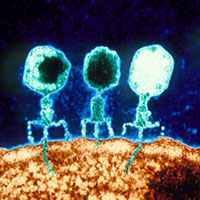
Viruses that infect bacteria could one day replace antibiotics because they precisely attack only specific pathogens. Researchers at ETH Zurich are now showing that this is not always the case. This new finding is important because bacterial viruses can transfer antibiotic resistance genes.
The vital need for animal testing
News
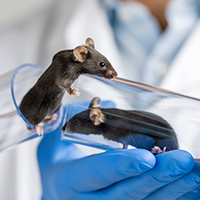
ETH Zurich and the other Swiss universities are committed to reducing the stress and suffering experienced by laboratory animals. However, an outright ban on animal testing – being put to the vote in a popular initiative this coming February – would put an end to progress in medical research.
Why we feel confident about decisions we make
News
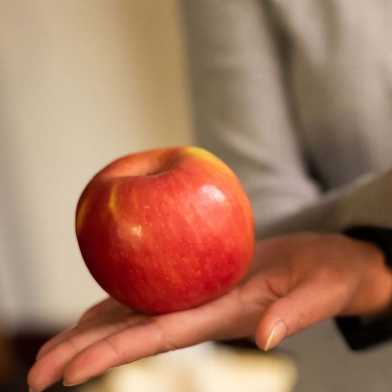
A team of researchers led by ETH Professor Rafael Polanía has shown for the first time that decisions feel right to us if we have compared the options as attentively as possible – and if we are conscious of having done so. This requires a capacity for introspection.
Are these the last ERC grants for ETH?
Press release

In the last application process for the sought-after ERC Starting Grants, the European Research Council made 11 awards to ETH researchers worth about CHF 17 million. Due to Switzerland’s non-association, however, the researchers will not receive these grants. The funds will now be provided by the State Secretariat for Education, Research and Innovation (SERI).
Artificial intelligence makes for effective fitness training
News
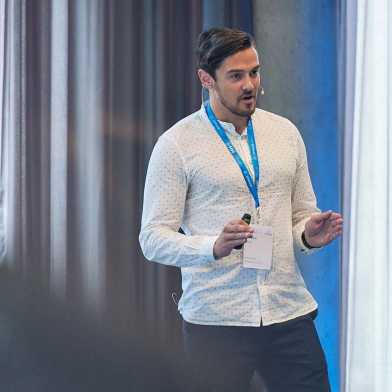
Whether for squats or sit-ups, the software created by the start-up VAY alerts exercisers about incorrect movements via a smartphone screen. Now the ETH spin-off has been acquired by connected fitness equipment manufacturer Nautilus.
ETH Zurich presents a new image film
News
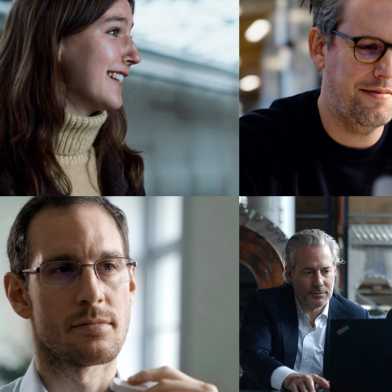
"Where the future begins" is the name of ETH Zurich's new image film. Based on six projects, it provides a look behind the scenes and highlights how ETH Zurich is tackling the big questions. The new film was produced by Seed, the same agency that realised the successful ETH trailer "Ready?" five years ago.
Saving infants' lives with iron
News
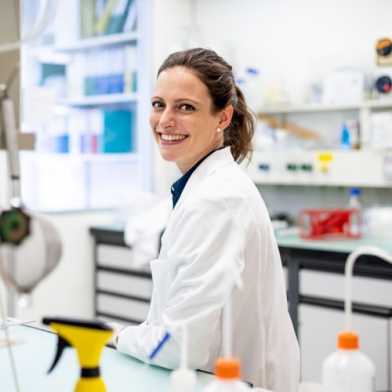
ETH pharmaceutical sciences graduate Nicole Stoffel has shown that iron deficiency reduces vaccine efficacy. Her research is now helping to improve the health of children in developing countries – yet becoming a researcher was not originally part of her plans.
Harnessing the organisation of the cell surface
News
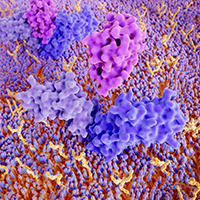
Scientists at ETH Zurich have developed a new method to determine how proteins are organised on the surface of cells. Insights gained with the technology could lead to the development of novel drugs to fight cancer.
A new Master's degree in brain sciences
News
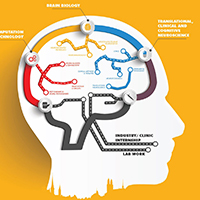
ETH Zurich and the University of Zurich are jointly offering a new interdisciplinary Master's degree in brain sciences starting in the autumn of 2022. The programme combines biology, neuroscience and clinical methods.
Master of neuromodulation
News
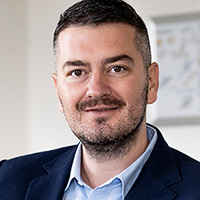
Stanisa Raspopovic connects the digital world of sensors and electrical circuits with the nervous system and its cellular circuits. Now he is the recipient of the 2021 ETH Zurich Latsis Prize.
When stress makes you sick
News

Chronic stress can decrease the quality of our lives, and have long-term negative effects on our health that may be irreversible. The new Hochschulmedizin Zürich flagship project STRESS aims to explore the causes of stress and highlight possible treatments.
17 highly cited researchers at ETH Zurich

World’s most highly cited scientists list includes 17 from ETH Zurich. Many of whom conduct cross-disciplinary research.
Green tea catechins promote oxidative stress
News
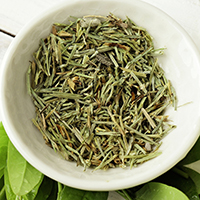
Green tea is seen as healthy and promotes a longer life supposedly due to its high level of antioxidants. Researchers at ETH Zurich have now cast doubt on previous assumptions about how these ingredients work.
Talent and team spirit at the heart of artificial intelligence
News
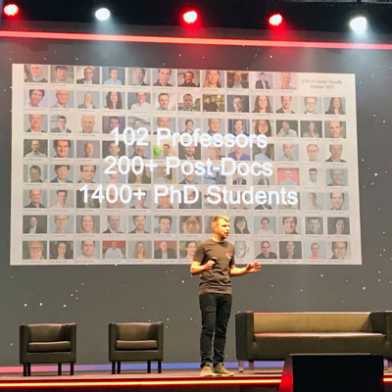
Collaboration between talented members of multidisciplinary teams provides the best foundation for innovative, useful and trustworthy applications of artificial intelligence. This approach has been demonstrated at a joint event by ETH Entrepreneur Club and the ETH AI Center.
A molecular biologist with a fascination for sunburn
News
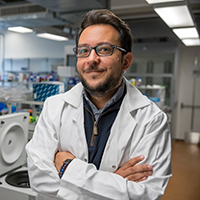
Human cells are like tiny, multi-purpose factories. In his research, ETH biologist Gabriele Alessandro Fontana investigates how cells repair damaged DNA. The mechanisms he has identified will help us to gain a better understanding of diseases and to develop new drugs.
We must expand human rights to cover neurotechnology
Zukunftsblog
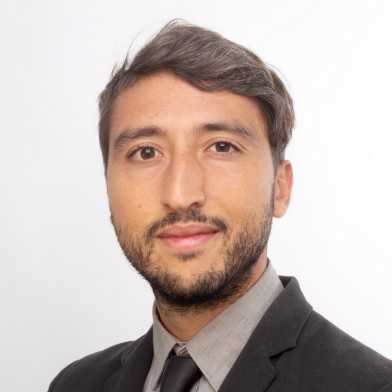
Technologies that interfere with our brains have great potential. But their ethical implications are such that they may require an expansion of human rights frameworks, argues Marcello Ienca.
"We have to ask ourselves what to do with hacked data"
News
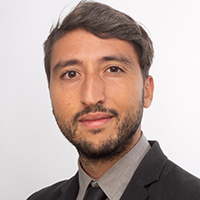
In recent years, there have been several incidents of hacked databases, and the hackers published the stolen data on the internet. Are scientists allowed to use such data for their research? ETH Zurich bioethicists Marcello Ienca and Professor Effy Vayena have addressed this question in a paper published in the journal Nature Machine Intelligence. ETH News spoke with Ienca.